Marine Conservation and Project-Based Learning
Guest bloggers Dennis Negron (the head of TCFL’s Science Department) and Lizzie Nyitray (our high school History teacher) are constantly looking for projects which will not only make learning more meaningful to our students, but will also foster awareness about our world and empower students to become change-makers. This is their report on a joint project to raise consciousness about marine conservation. We’re hoping to incorporate this project into our curriculum in the coming school year.
For a couple of days in January, we had the opportunity to take part in a coastal community educational event in Bayahibe organized by the Punta Cana Ecological Foundation in conjunction with FUNDAMAR, Counterpart International, and the Peace Corps.
Upon arriving, we found 50 youth from various parts of the country, entranced by a showing of Planet Earth. Paul Guggenheim, the representative of Counterpart International in the Dominican Republic, greeted us and requested a brief meeting to clarify the intentions of the marine conservation pilot program. He explained that Counterpart International is founded upon 3 pillars: governance, education, and community. Whereas Counterpart will take more responsibility in tackling the issue of governance, Paul sees that our roles will be working with education and the community. Two of Counterpart’s partners, Hiram College and the University of Miami, have worked to develop an educational model around inquiry-based learning, which they’ve used in several countries (such as Pakistan and Australia) to tackle local issues that those communities face. Hence, our responsibility in this process would be to use their model to develop a curriculum which springs from problems that affect the marine ecology of the students’ country.
In this event, the students participated in various centers. They caught and dissected lionfish to understand their predatory threat to other species (later, they ate the lionfish). They worked with coral to better understand its properties and the factors that threaten it, and they went snorkeling, so that they could become familiar with the equipment and various types of marine life.
The next day, breakfast was served and we were off on three boats to several ecologically important locations in the area.
Moreno, an ex-Carey 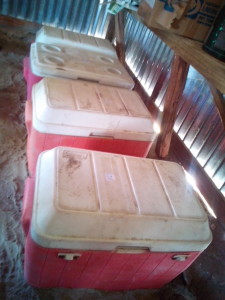 Turtle poacher (recently converted conservationist) received us in his turtle conservation center and hatchery. He explained the threats that humans pose to the Dominican Republic’s four different species of turtles and what the youth can do to help. The “center” was a zinc hut that receives very little funding, the main source being from tourist donations. For lack of better options, the turtle eggs are incubated in Coleman coolers, of which they do not even have enough.
Turtle poacher (recently converted conservationist) received us in his turtle conservation center and hatchery. He explained the threats that humans pose to the Dominican Republic’s four different species of turtles and what the youth can do to help. The “center” was a zinc hut that receives very little funding, the main source being from tourist donations. For lack of better options, the turtle eggs are incubated in Coleman coolers, of which they do not even have enough.
After that, we did a brief activity with erosion and snorkeling off the island coast. Each day was accompanied by an evening reflection to allow the students to digest all of the information.
With its focus on hands-on, project-based learning, this program was a perfect match for The Community for Learning. The next step will be a Skype meeting with Counterpart and Hiram College, to further refine concepts and models used in the project. after which we should have a better idea of how we can mold TCFL’s curriculum to incorporate marine conservation.
We should be able to launch the project-based learning curriculum by the beginning of the 2015-2016 school year. This project will give students the opportunity to connect with U.S. colleges, as well as upload data weekly to a website on marine conservation. In the meantime, our classes could partake in a similar event to the one we witnessed, which was organized with the goal of piquing youth interest in marine conservation. Students might also be interested in the Academy for Environmental Film, a 10-day course provided this summer by the Punta Cana Ecological Foundation. This course gives students the opportunity to work directly with experts in making environmental documentaries.
We are really looking forward to partaking in this program in the future. It’s a great opportunity for the students to develop a better understanding of their community’s issues and their worldwide impact through project-based learning. It’s a wonderful challenge for the teachers to creatively develop the curriculum around a tested model and a real-world problem, and it is yet another way for the school to continue working towards its mission of preparing our students to be valuable members of a global community.

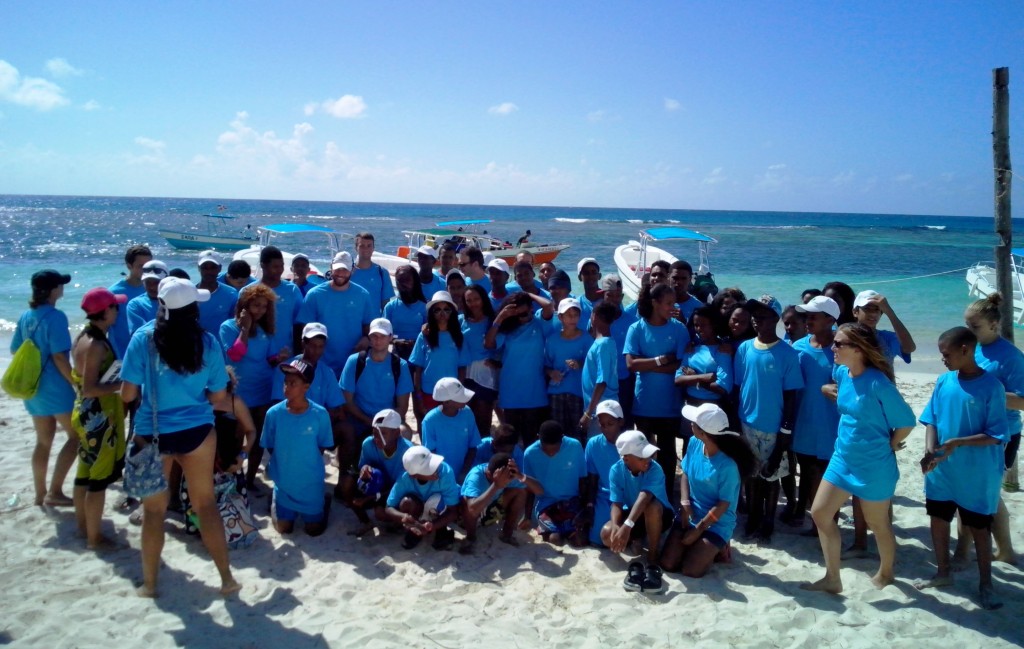
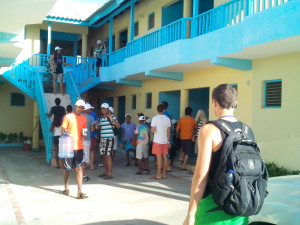
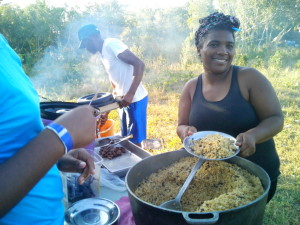
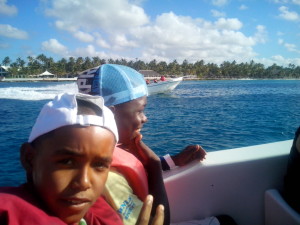
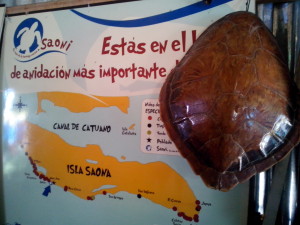
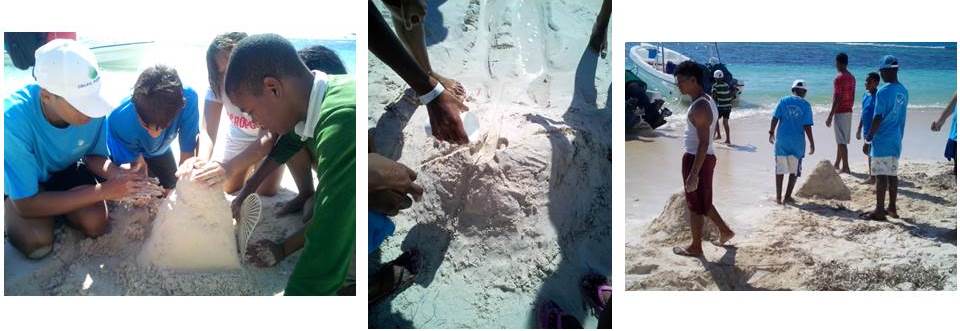
Leave a comment